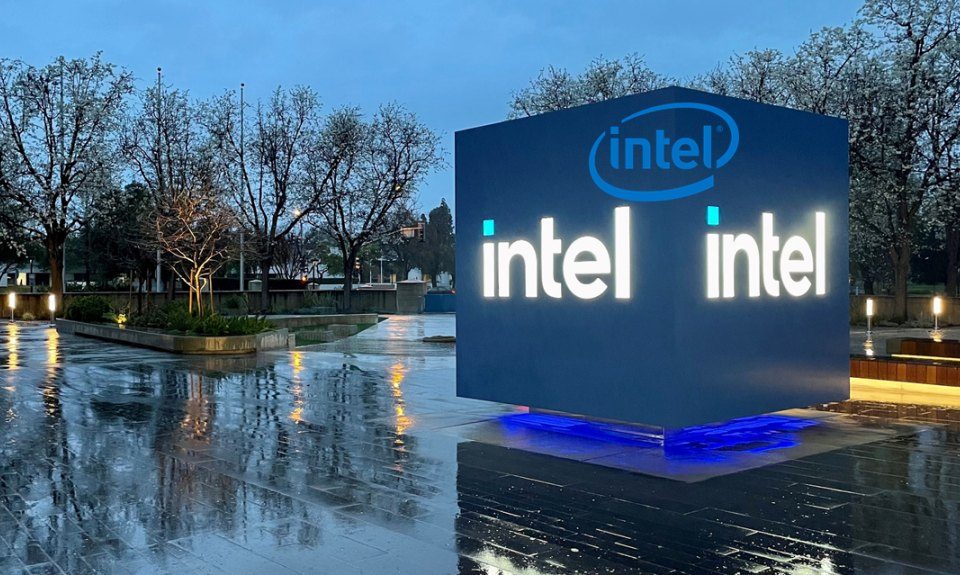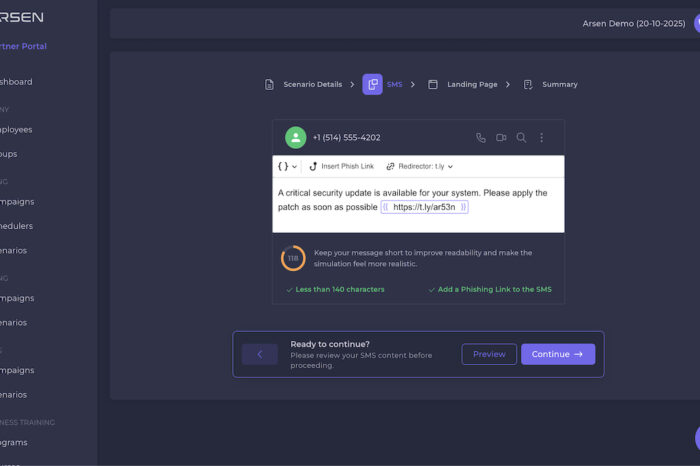Top Tech News Today, October 24, 2025

Top 10 Tech News Stories Today — Your quick briefing on the Latest Technology News, Startup Trends, and Innovation shaping the future.
It’s Thursday, October 23, 2025, and we’re back with the Top 10 Technology News Stories for the Day. Each morning, we bring you the most important headlines driving the tech world — from major funding rounds and AI breakthroughs to product launches, policy updates, and emerging trends — all in one concise, easy-to-read summary.
Whether you’re a founder, investor, or tech enthusiast, this daily digest keeps you informed and ahead of the curve without scrolling through endless feeds.
Here’s your roundup of the latest tech news making waves today.
Latest Tech News Today
1. Anthropic signs multibillion-dollar deal with Google for AI chips
Anthropic has entered a multiyear, multibillion-dollar deal with Google to access up to one million Tensor Processing Units (TPUs) and more than one gigawatt of compute power by 2026. The agreement significantly deepens Anthropic’s dependence on Google Cloud as it scales training for its Claude family of AI models.
This deal underscores a major shift in the AI landscape where compute supply — not data or talent — has become the scarcest resource. It also positions Google as a crucial infrastructure ally in the ongoing race against Amazon, Microsoft, and OpenAI for control over high-performance AI compute.
2. EU finds Meta and TikTok in breach of transparency rules
The European Commission announced preliminary findings that Meta (owner of Facebook and Instagram) and TikTok violated key provisions of the Digital Services Act (DSA). Regulators allege both platforms failed to provide adequate transparency around content moderation, algorithmic decisions, and researcher access to internal data.
If confirmed, the breaches could lead to fines worth up to 6% of global annual revenue and stricter oversight of data-handling practices. The ruling signals a growing wave of enforcement actions targeting Big Tech’s opacity and could reshape how social media platforms disclose information to regulators and users across the EU.
3. Intel recovery gains traction as investors eye foundry turnaround
Intel’s long-awaited turnaround appears to be taking shape, with recent reports showing modest growth and renewed investor confidence in its foundry operations. The company’s push to become a viable alternative to TSMC has started to attract fresh partnerships, supported by U.S. incentives under the CHIPS Act.
This potential recovery matters because it could rebalance global chip production and reduce America’s reliance on Asian supply chains. For startups building AI hardware or edge computing devices, a healthy Intel foundry ecosystem may translate into shorter lead times and greater supply stability over the next few years.
4. MIT spinoff Enzian unveils 3D-printed cancer drug delivery tablets
Enzian Pharmaceutics, a biotech startup spun out of MIT, has introduced a breakthrough 3D-printed pill that remains in the stomach for hours, releasing cancer drugs in a controlled, sustained manner. The fibrous structure enables precise dosing and minimizes side effects associated with traditional chemotherapy.
This innovation marks a major step forward for drug delivery technologies, blending advanced materials science with medical precision. As big pharma seeks new delivery systems to extend the life of existing drugs, Enzian’s platform could open the door to customizable therapies that improve patient outcomes and adherence across multiple treatment areas.
5. U.S. government shutdown threatens tech-sector contracts
The U.S. federal government remains partially shut down, leaving nearly 700,000 workers furloughed or unpaid as budget negotiations stall in Congress. Analysts estimate the disruption could shave up to 0.2 percentage points off GDP each week, directly impacting procurement pipelines and contract payments.
For tech startups and contractors relying on federal R&D grants or defense-related contracts, the shutdown creates serious short-term liquidity risks. It also threatens to delay innovation programs in AI, cybersecurity, and climate tech — key sectors where startups often collaborate with government agencies to commercialize advanced research.
6. Ford pauses F-150 Lightning production amid weak EV demand
Ford announced it will pause expansion of F-150 Lightning electric truck production lines, citing slowing consumer demand and high input costs. The decision follows a series of cutbacks across the EV sector, as automakers adjust to weaker-than-expected adoption outside early markets.
This pause signals a reality check for the electric vehicle industry. After years of aggressive scaling, manufacturers are now balancing unit economics with evolving consumer sentiment. For startups supplying EV components or charging infrastructure, Ford’s move may indicate that capital discipline and incremental innovation are replacing growth-at-all-costs strategies.
7. Big tech is paying for Trump’s White House ballroom
Several major tech companies, including Google, Apple, Meta, and Amazon, are reportedly contributing to a $250 million White House’s ballroom expansion and renovation project. While framed as a public-private partnership, the move has sparked debate over Big Tech’s growing influence in Washington. According to Time Magazine, the list of the project’s funders includes some of the most influential American tech companies.
The donations come as these same companies face heightened regulatory scrutiny over privacy, antitrust, and AI policy. Critics argue that such contributions blur the line between civic engagement and lobbying. For founders, the development serves as a reminder that in modern tech, public perception and political access are strategic assets.
8. Estonian energy-tech startup MarkeDroid raises €300K
MarkeDroid, a Tallinn-based startup, has raised €300,000 in pre-seed funding to expand its AI-driven platform for distributed energy management. The software orchestrates home batteries, EV chargers, and solar panels to optimize energy use across residential and grid-scale systems.
Though a small round, the investment highlights the resilience of Europe’s clean-tech ecosystem amid broader venture pullbacks. Investors continue to back startups using AI for grid balancing and energy efficiency — areas central to Europe’s climate targets and long-term energy independence from fossil fuel imports.
9. Israeli biotech New Phase pioneers nanoparticle heating for cancer
Israeli startup New Phase is developing a nanoparticle-based treatment that injects iron particles into tumors, then heats them using a magnetic field to destroy cancer cells. The approach, known as magnetic hyperthermia, offers a targeted alternative to chemotherapy and radiation.
If clinical trials succeed, the method could represent a paradigm shift in oncology — focusing on localized tumor destruction with minimal systemic damage. It also underscores Israel’s growing footprint in medical deep-tech, where startups are blending physics, nanotech, and biology to pioneer new therapeutic frontiers.
10. Study finds 95% of enterprise AI projects fail to deliver ROI
A recent study revealed that up to 95% of corporate AI initiatives fail to generate measurable returns, despite massive investments in data infrastructure and model development. Many enterprises reportedly struggle with integration, poor data hygiene, and unclear use cases.
This growing ROI gap highlights a maturity shift in enterprise AI adoption. Companies are moving beyond experimentation toward ROI-driven automation, focusing on smaller, high-impact projects rather than ambitious but unfocused deployments. For founders, this signals a demand for pragmatic AI tools that solve clear operational pain points.
People Are Saying No to AI: A Growing Movement of Digital Abstainers (Bonus Story)
A growing number of students, tech workers, and artists are actively opting to avoid artificial intelligence tools due to concerns over accuracy, bias, privacy, and the erosion of personal skills. The Washington Post reports that these “AI abstainers” disable chatbot features, opt out of automated transcription, and even brand their work with “not by AI” badges to signal human-made authenticity.
The trend matters because it signals backlash even as corporations rush to integrate AI into every workflow. It suggests a segment of the workforce and creative community is resisting the narrative that everyone must adopt AI tools, which could shape how startups design, market, and position their products. With roughly half of Americans now saying they’re more worried than excited about AI’s role in everyday life, this movement could influence both demand and regulation.
Closing Note
Today’s stories reveal the shifting gears of the tech economy — where compute, compliance, and capital efficiency dominate strategic thinking. From Anthropic’s hardware race to Meta’s legal risks and Ford’s production pause, founders are navigating an era defined by execution, not exuberance. The next wave of winners won’t just build fast — they’ll build right.




